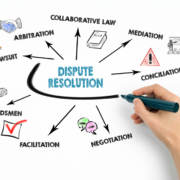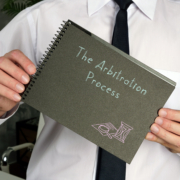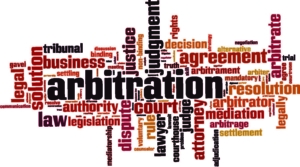Florida has long been recognized as a leader in alternative dispute resolution, and mediation stands at the center of that success story. In a legal environment often defined by crowded court dockets, rising litigation costs, and the emotional toll of conflict, mediation offers a path forward that emphasizes resolution, efficiency, and control.
Why Mediation Works in Florida
Florida courts encourage mediation at nearly every stage of litigation. Under Florida Statutes Chapter 44, mediation is defined as a “process whereby a neutral third person, called a mediator, acts to encourage and facilitate the resolution of a dispute between two or more parties.” Unlike trial or arbitration, mediation does not impose a binding decision; instead, it allows the parties themselves to craft solutions that meet their needs.
The success of mediation in Florida can be attributed to several key factors:
- Judicial Support: Courts across the state routinely refer cases to mediation, from personal injury claims to family law disputes. In some counties, mediation is mandatory before trial.
- Cost and Time Savings: Mediation avoids prolonged litigation and reduces attorney’s fees, court costs, and expert expenses.
- Confidentiality: Florida’s Mediation Confidentiality and Privilege Act (§44.405, Fla. Stat.) protects what is said in mediation, encouraging open dialogue without fear of later use in court.
- Control and Creativity: Mediation empowers parties to design outcomes that a court could not order—for example, structured payments, apologies, or creative business solutions.
Measurable Success in Practice
The statistics speak for themselves. According to the Florida Dispute Resolution Center, thousands of cases settle every year in mediation, with settlement rates often exceeding 70% in civil litigation. In family law, where emotions run high, mediation frequently results in agreements that not only settle the case but also preserve future relationships. A personal injury case, for example, may settle at mediation with both monetary compensation and agreement on structured medical care, providing peace of mind for all involved. In commercial litigation, mediation often bridges the gap between ongoing business relationships, preserving partnerships that would otherwise collapse in court. Recent statutory changes have also increased the importance of mediation. For example, Florida’s 2023 tort reform legislation (House Bill 837) altered attorney fee structures and insurance litigation strategies, pushing more disputes toward early resolution. With new limits on certain damages and the shortened statute of limitations, mediation has become an even more attractive option for litigants seeking certainty in an evolving legal landscape.
The Human Side of Mediation
Beyond numbers and statutes, mediation’s greatest success lies in its human impact. Unlike litigation, which is adversarial by design, mediation fosters communication and understanding. Clients leave with more than just a signed agreement—they leave with dignity, closure, and often, relief. For lawyers, mediation offers an opportunity to advocate for their clients in a less adversarial, more collaborative forum. For judges, it helps manage crowded dockets while delivering justice more efficiently. For parties, it provides a voice, a choice, and often, a faster resolution.
Florida as a National Leader in ADR
Florida was one of the first states to implement a statewide court-connected mediation program, and it remains a national model. With certified mediators trained under the Florida Supreme Court’s rigorous standards, parties can trust the neutrality, professionalism, and skill of those guiding their disputes. As litigation becomes increasingly complex and costly, mediation continues to stand out as one of the most effective tools in the Florida justice system. It succeeds not only in resolving cases but also in restoring peace, preserving relationships, and reducing the emotional and financial burdens of conflict. Mediation’s success in Florida litigation is undeniable. By combining judicial support, strong statutory protections, and a human-centered approach, mediation delivers results where litigation often falls short. Whether in personal injury, commercial disputes, or family law, mediation represents not just an alternative to litigation—it represents a better way forward.





